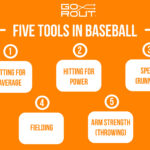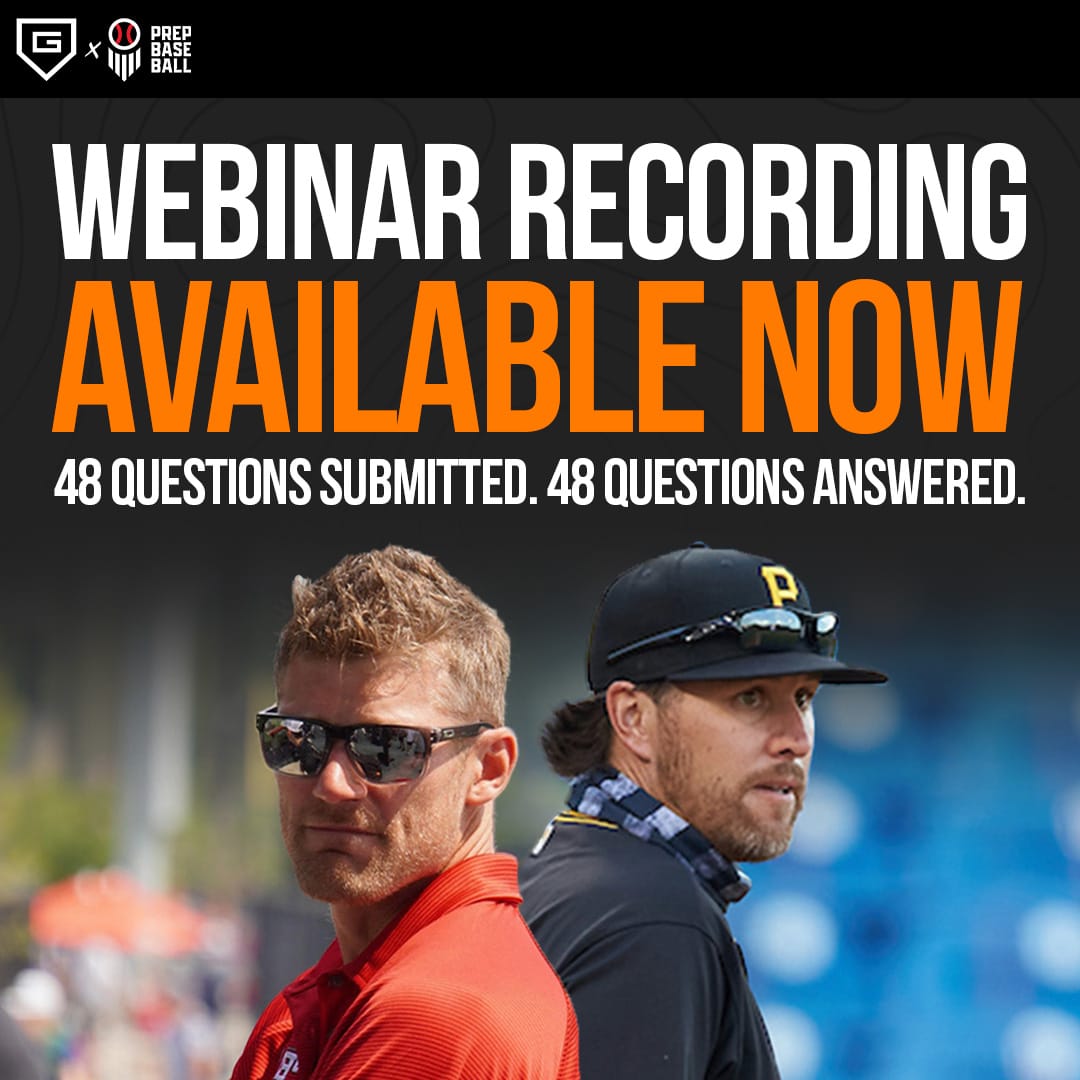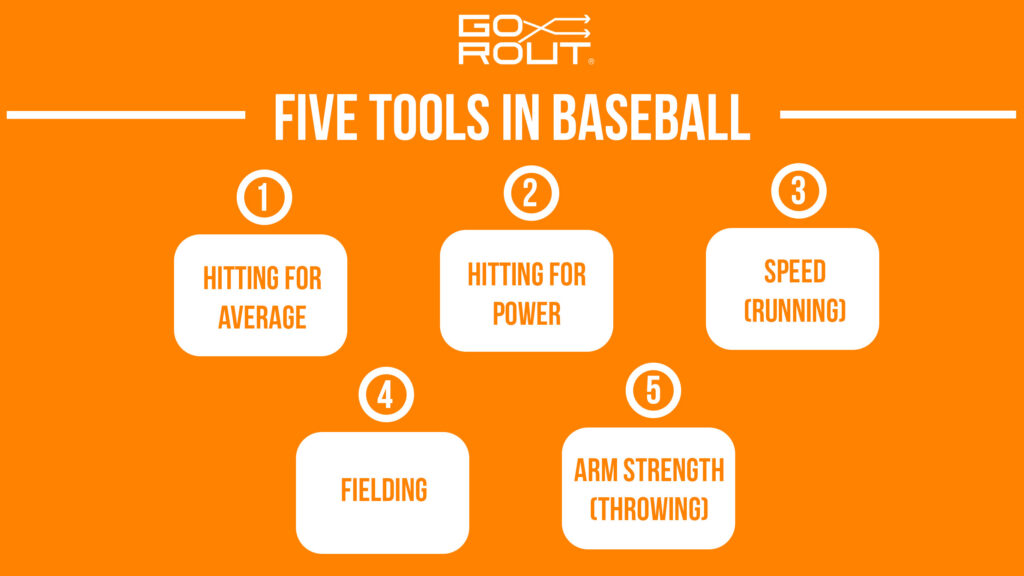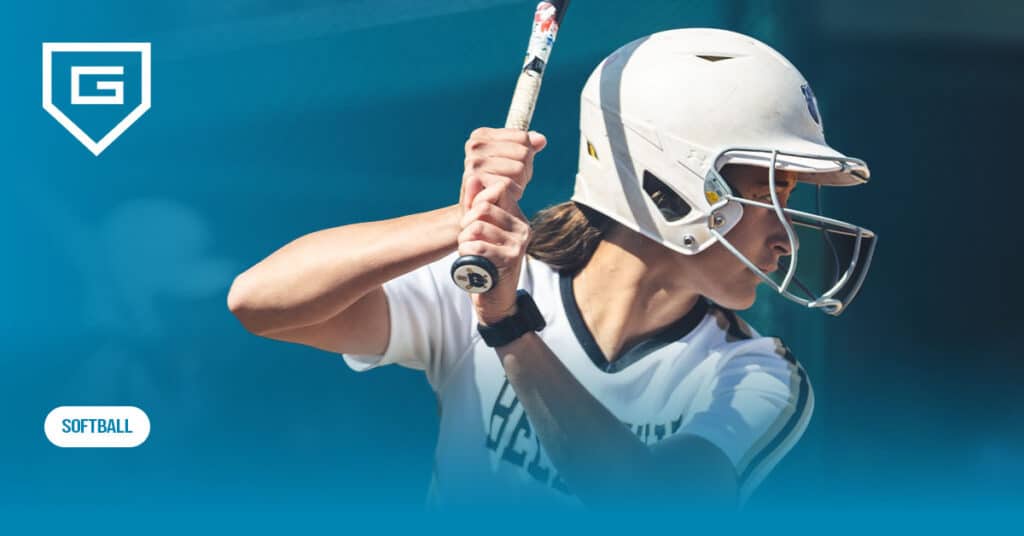Youth Travel Baseball: Structure, Competition, and Team Culture
Reading Time: 11 minutes
Reading Time: 11 minutes
Youth travel baseball has grown in recent years. It’s not just baseball – travel teams have become a big part of the sports experience for children in general.
Approximately 27.5% of youth athletes participate in travel or club sports, despite these options being more expensive than community-based recreational leagues.
This competitive version of baseball lets children travel for tournaments against other skilled teams, usually grouped by age like 10U, 12U, or 14U.
Coaches leading the best youth travel baseball programs know success isn’t just about winning. They balance three key elements: competition, player development, and enjoyment.
In this article, you’ll discover how youth travel baseball works and get practical tips to help your team thrive on and off the diamond.
Introduction to Youth Travel Baseball
Travel baseball involves competitive youth teams that hit the road for tournaments and games.
These baseball clubs give young players more chances to build skills at a higher level. Kids might play 35-60 travel baseball games per season, compared to just 8–20 in the recreational leagues.
Usually, the setup includes:
- Weekend tournaments
- Higher-level competition
- More intense practice schedules
- Focused skill development
Travel baseball coaches go beyond teaching youth baseball—they build team culture, shape character, and hopefully create a space where kids can prosper.
Many teams require families to pay for uniforms, entries for travel baseball tournaments, equipment, and travel costs. Despite these financial commitments, families believe the benefits of being part of a team make it worthwhile.
Understanding Youth Travel Baseball Structure
Travel teams are usually organized by:
- Younger age groups (8U, 10U, 12U, etc.)
- Skill level (A, AA, AAA)
- Geographic region
Most travel teams hold tryouts, and coaches pick players based on skill and potential.
Competition structure
Tournaments usually follow a simple format:
- Pool play: Teams play 2-4 games to determine seeding
- Elimination rounds: Single or double elimination brackets
- Championship games: Top teams play for the trophy
Schedule differences
The travel baseball schedule differs greatly from recreational leagues:
| Youth travel baseball | Recreational leagues |
| Weekend tournaments with multiple games | Single games on weekdays and/or weekends |
| 3-4 games per weekend | 1-2 games per week |
| Longer season (often year-round) | Defined season (spring/summer) |
| Regional/national travel | Local play only |
Teams play more games—sometimes over 50 a season—and practice more than recreational leagues ever do.
Youth Travel Baseball Team Characteristics
Youth travel baseball teams are typically more competitive and require more commitment from players and families.
Most teams keep 10–15 talented players on the roster. That way, everyone gets enough playing time, but there’s still depth for tournaments.
The coaching staff is usually more experienced than what you’ll find in recreational leagues. Many teams are led by a head coach with extensive baseball knowledge, sometimes including former professional coaches.
Practice schedules are demanding—2 or 3 sessions a week. These aren’t just basic youth baseball drills; coaches focus on specific skills and run scrimmages to help players level up.
Travel teams build a unique culture around competitive growth. They set clear expectations for attendance, effort, and sportsmanship. Everyone’s expected to buy in.

Team fees typically range from $1,000 to $3,000 per season, covering hotel rooms, tournament entries, uniforms, youth baseball equipment, and sometimes coaching salaries.
Most teams travel within a 2–3 hour radius for regular tournaments, but some go farther for larger events. Families often spend 10–15 weekends a year at tournaments— it’s a true commitment from everyone.
The coach-player relationship gets a lot more personal. Coaches give detailed feedback and tailor development plans to help each kid improve specific parts of their game.
Parent involvement depends on the team. Some clubs want parent volunteers, but others keep things more professional and limit parent roles during practice and games.
The best travel teams focus on individual growth and team success. They create spaces where kids can build skills, learn what it means to be part of a team, and fall in love with the game.
Travel Baseball Vs. Other Options For Youth Players
Travel baseball differs significantly from other youth baseball formats like local leagues and Little League.
| Feature | Travel Baseball | Little League | Recreational Leagues |
| Cost | $$ (Higher fees, travel expenses) | $ (Moderate fees) | $ (Lower fees) |
| Time Commitment | High (Weekend tournaments, travel) | Medium (Regular schedule) | Low (Local games) |
| Competition Level | Very competitive | Moderately competitive | Less competitive |
| Practice Schedule | Consistent but more intense team practice | Regular team practices | Regular team practices |
| Focus | Skill development, competition, with professional-level coaching and year-round play | Balance of skills and fun, and social aspects of the game | Fun, participation and learning the basics |
The right choice for your players depends on their skills, how much they want to commit, and what they want out of their baseball career.
If youngsters have serious talent and eat, sleep, and breathe baseball, travel teams might offer the challenge they crave.
Little League or recreational ball can better fit kids who love baseball but also want time for other activities. They keep things more balanced and low-pressure.
Benefits Of Youth Travel Baseball
A youth travel baseball team’s mission is for kids to grow as players and people. You’ll see athletes pick up skills that transfer to life beyond the diamond.
Opportunities for growth and development
Travel ball gives players many chances to develop batting, fielding, and pitching skills with all the extra practice and games.
It helps prepare players for high school baseball. Discipline and time management become second nature after a while.
They’ll also learn to handle pressure. The mental toughness they face through the season builds character and resilience they’ll use outside of the game.
Exposure to higher skill levels
Facing tougher opponents pushes kids to level up. They face better pitchers, sharper base runners, and reliable fielders.
It creates a strong learning environment for kids who take the game seriously. Improvement comes faster when they’re always challenged.
It also means more exposure to high school programs, college and professional scouts and coaches, especially as your player gets older. That can open doors down the road.
Building teamwork and leadership
Travel baseball forges tight bonds between teammates. Your athletes will likely make friends for life after all those road trips, tournaments, and hotel stays.
Players learn to communicate and trust each other. They pick up social skills while chasing team goals.
Leadership forms through the highs and lows of a season. Kids get chances to step up and guide others, both in games and when things get tough in practice.
Tournaments And Showcase Events
Youth travel baseball events happen on weekends, from small local competitions to world series showdowns.
Tournaments come in different formats. Some are bracket-style with elimination rounds, while others guarantee a minimum number of games for every team. Most last 2-3 days and cost between $100-$1,000 per team.
Showcase events are different. Instead of focusing on team wins, they highlight individual skills. You’ll see drills for fielding, hitting, and pitching—players have numerous opportunities to catch a scout’s eye.
When you’re picking tournaments, think about:
- Competition level – Is this the right challenge for your team?
- Location – How far are you willing to travel for the right exposure?
- Cost – Fees, hotels, gas… it adds up quickly.
- Timing – You’ll want to work around school schedules
Many youth baseball events now offer live streaming, so family and friends who can’t make it in person can still catch the action.
Playing Time And Skill Level
In travel ball, coaches base playing time on skill, game situations, and what the team needs. Kids may play more in some games and less in others.
For younger kids (8-12), coaches usually try to spread out playing time. Players get meaningful chances to play and learn even if they’re not the most skilled.
However, for older players (13+), coaches often give more time to the top performers, especially when tournaments get serious.
During pool play, coaches might rotate players more freely. In elimination rounds, playing time often shifts toward the most competitive lineup.
Attitude and work ethic matter a ton. Coaches notice when kids work hard and keep a positive outlook, sometimes valuing those traits more than raw talent.
Travel Ball And Youth Player Development
Focused youth baseball training helps players sharpen specific skills. Coaches usually work on:
- Batting technique and timing
- Fielding fundamentals with position drills
- Pitching mechanics and new pitches
- Game strategy and baseball IQ
Many teams use special baseball training aids for youth and targeted practice drills to address weaknesses. This approach helps kids improve faster.
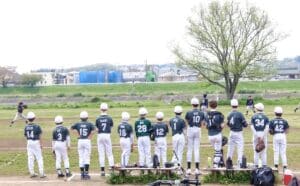
Top youth travel teams keep tabs on how players are doing and give each athlete personal attention. They might track:
- Pitch velocity and accuracy
- Batting averages and exit velocity
- Fielding percentage and reaction time
Setting short and long-term goals keeps players motivated. Coaches often help kids map out an improvement plan.
Progress isn’t always a straight line. Players hit rough patches and sudden jumps. The key is to focus on steady growth, not quick results.
Essential Gear For Youth Travel Baseball Teams
Coaches need solid youth baseball gear so players can perform and stay safe. Here’s a rundown of what you’ll need for a great season.
Must-have equipment for coaches and players
Every player needs the basics: baseball hat and team jersey for identity and sun protection. Baseball pants with sliding shorts keep kids comfortable and safe when they hit the dirt.
A glove that fits right is required. Make sure it matches your player’s age and position.
For batting, you’ll want:
- Helmet with face guard
- Bat that fits your player’s size and strength
- Batting gloves
- Baseball cleats
Don’t skip the protective gear. Athletic cups for boys and mouth guards for everyone help prevent injuries.
Catchers need extra gear like:
- Catcher’s mask or helmet
- Chest protector
- Leg guards
- Special mitt
Coaches should carry equipment bags with extras—batting tees, practice balls, and a first aid kit. Quality youth baseball equipment really makes a difference in safety and player growth.
Why coach-to-player communication tools matter
Coaches rely on whistles, clipboards, and lineup cards to run efficient practices.
Visual aids like play diagrams help players understand strategies better than just hearing instructions. Modern teams also use digital tools to share practice schedules and game details.
Apps let coaches send reminders about equipment needs before tournaments. Having the right gear creates a professional vibe and helps players take their commitment seriously, even while having fun.
Communication in the field can make or break your team’s performance.
Advanced youth baseball wristbands help players receive and execute coaches’ play calls during games without memorizing signals. These simple tools reduce confusion and build confidence.
Let’s explain how.
GoRout Diamond: The Ultimate Tool For Coaches
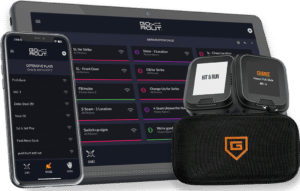
If you’re a coach frustrated with sign-stealing or mixed-up signals on the field, GoRout Diamond brings a game-changing solution to your team.
This baseball pitch-calling system lets you send pitch calls, defensive shifts, and offensive plays with a single tap. No more missed signs or opponents picking up your signals.
Check out testimonials and case studies to learn why GoRout Diamond is one of the best products on the market.
How it works for coaches

- Build offensive and defensive plays in the web app
- Send play calls instantly to players’ field devices
- Access real-time analytics through AWRE Sports integration
- Send position-specific messages up to 140 characters
How it works for players

- Devices are ready to use right out of the box
- Clear display of coach calls—no confusion
- Weather-resistant in rain, snow, or intense heat
- 4-way privacy screens and fully encrypted communication
GoRout Diamond uses a cellular-based system, so you don’t need WiFi. You can use it at any baseball field without extra setup.
Want to start your youth travel baseball team with the best app for coaches to communicate with players? GoRout Diamond is approved for in-game use at many competitive levels.
Your team deserves perfect communication. Get a quote today or visit the web shop to learn how GoRout Diamond can transform your coaching experience.
Maximizing Team Performance With Technology
Your players can improve faster with data-driven training. It helps your team play better and have more fun. Think about:
- Bat sensors for swing speed and path
- Pitch tracking devices for velocity and spin rate
- Wearable fitness trackers to monitor conditioning
- Slow-motion video analysis on smartphones
These tools help eliminate coaching mistakes. They give you specific areas to work on, not just vague advice to “practice more.” Players love seeing their progress in real numbers.
Smart tech aids in-game decisions through digital scorebooks, stat trackers, and game footage review, while pitch counting apps protect young players’ arms.
Modern players succeed with technology – team communication apps simplify scheduling, and digital leaderboards inspire efforts with badges and achievements.
When players see how technology improves their skills, they become more invested in their development.
Building A Winning Team Culture
Building a winning youth travel baseball culture goes beyond skills. It’s about creating an environment where players thrive on and off the field.
Start by setting a clear team mission to connect players to common goals. Balance competition with fun to keep players challenged and engaged.
Foster sportsmanship, respect, and a team-first mindset to build lasting character. Make sure everyone feels respected, regardless of their skill level.
Set clear expectations so everyone knows what to do, and make sure to recognize effort just as much as talent. Give players chances to lead and take charge.
Celebrate the wins and create fun team traditions to help everyone bond. Ultimately, focus on helping everyone grow as players and people.
Managing Travel And Logistics

Youth travel baseball requires planning and teamwork. Book hotels early to get team rates and make sure they have breakfast, pools, and are close to the venues. Always have a backup plan for weather delays and budget for 2-3 night stays.
Organize carpools and use schedules or apps to coordinate. Send detailed travel info to families at least 2 weeks in advance, including tournament locations, hotel info, game times, equipment needs, and meal plans.
Keeping families informed and involved makes for a better travel experience and team commitment.
Youth Travel Baseball Fundraising And Financial Planning
Managing youth travel baseball finances requires planning and fundraising to ease family costs. Travel baseball expenses include tournaments, equipment, uniforms, and travel, often paid by parents. Be transparent about fees and offer monthly payment plans.
Try fundraising ideas like hit-a-thons, car washes, bake sales, spirit nights, and selling team merchandise like shirts and hats. Online crowdfunding can also help, especially when you share your team’s story and goals.
Budget carefully, adding a 10% safety margin. Reach out to local businesses with sponsorship packages that offer logo placement on uniforms, banners or websites, and they will support your team while promoting community involvement.
Players’ Health, Safety, And Well-Being
Travel baseball is fun, but player health comes first. Protect young pitchers by following age-appropriate pitch counts and giving them rest.
Use safety gear like fitted helmets, athletic cups, quality gloves, and appropriate footwear. Watch for overuse injuries and get medical help if you see pain. You should encourage kids to speak up when they feel injured or if anything isn’t right, to ensure they don’t try to play through an injury.
Support kids with healthy snacks, hydration, and balanced pre-game meals with complex carbs and lean proteins. Encourage water and electrolyte drinks during tournaments.
Balance baseball with academics by scheduling study time during travel. Prioritize rest to prevent burnout, to help youngsters grow athletically and stay well.
Conclusion About Youth Travel Baseball
Travel baseball offers young players competitive skill growth and exposure to college coaches. Unlike regular leagues, youth travel baseball tournaments set structured competition and faster development through matches against skilled teams.
Starting a travel team requires planning, skilled players, coaches, and a positive culture that balances competition and fun.
Parents need to keep in mind that juggling a busy schedule can be tough and might create some stress at home. It’s really important to mix competition with having fun so that travel baseball ends up being a good experience for everyone involved.
If you want to boost your team’s performance, check out GoRout Diamond. It lets coaches send real-time, encrypted play calls straight to players on the field.
This tech helps players stay focused and nail their execution, making it easier for teams to play their best.
Get a quote today or visit the online shop.
FAQs About Youth Travel Baseball
What age should a kid start traveling for baseball?
Most youngsters start travel baseball somewhere between 8 and 10 years old. Think about kids’ interest, physical development, and whether they’re emotionally ready before jumping in.
What are the different levels of youth travel baseball?
Travel baseball usually breaks down into three main levels:
- Local/regional: Tournaments close to home, maybe an hour or two away
- State/elite: More competitive, with games across your state
- National/premier: Top-tier teams traveling all over the place
Teams are divided by age groups (like 8U, 10U, 12U) and sometimes by skill level within those ages.
Do college scouts look at travel baseball teams?
Absolutely! College scouts often show up at competitive travel tournaments, especially for the older age groups. Playing travel ball boosts a player’s chances of getting noticed, especially at showcase events and big tournaments.
How much does kids’ travel baseball cost?
The price tag for travel baseball usually falls between $1,000 and $3,000+ per season. It depends on a few things:
- Team fees and uniforms
- Tournament entry fees
- Travel (hotels, gas, food)
- Equipment
- Private lessons (if parents go that route)
How does youth travel baseball work?
Travel baseball teams play tournaments instead of regular-season schedules. Usually, teams will:
- Practice one to three times a week
- Play in weekend tournaments (often 2-6 games)
- Travel to different cities or states for games
- Face off against other skilled teams in their age group

